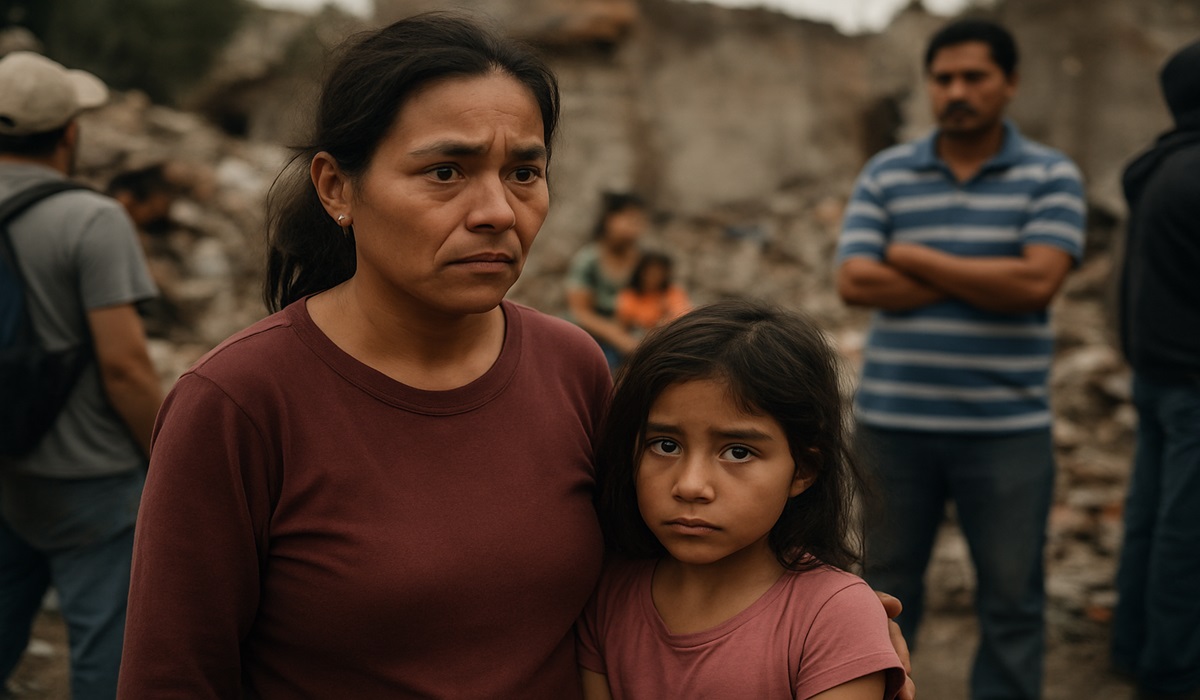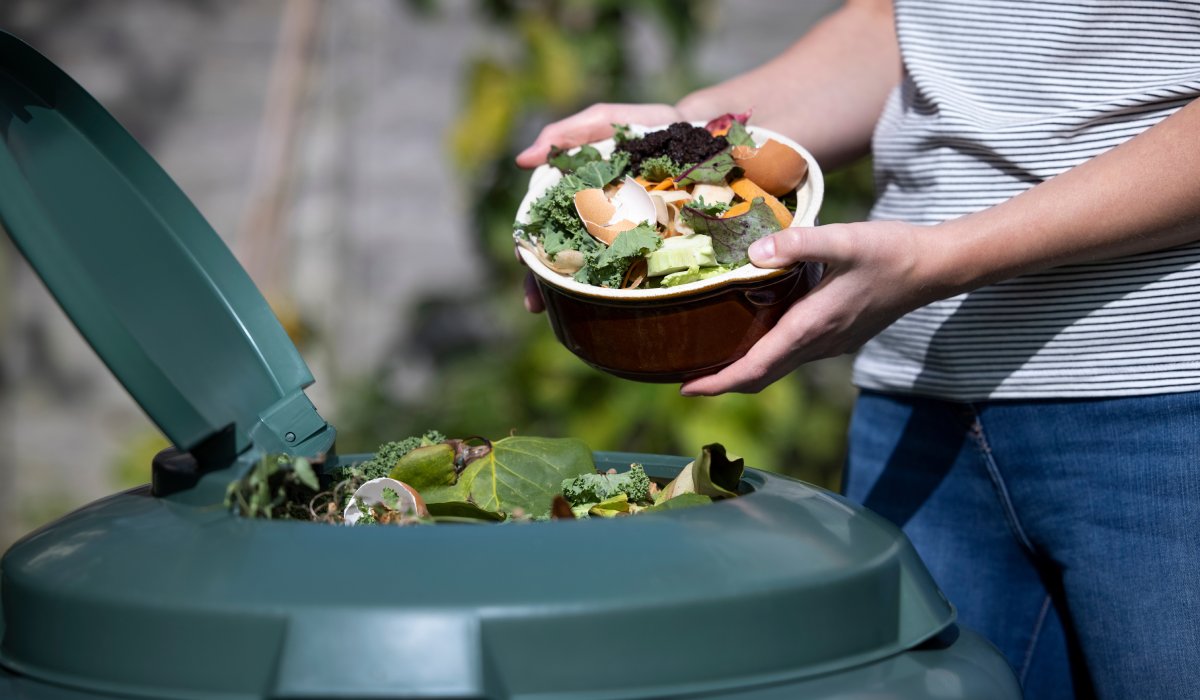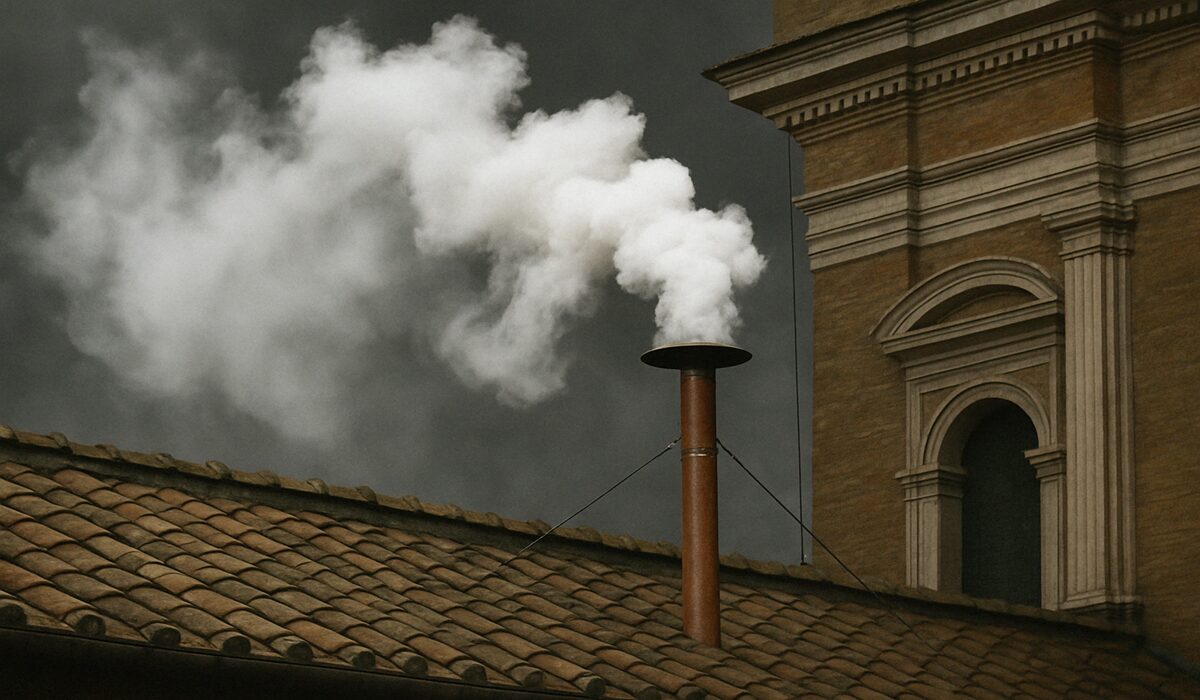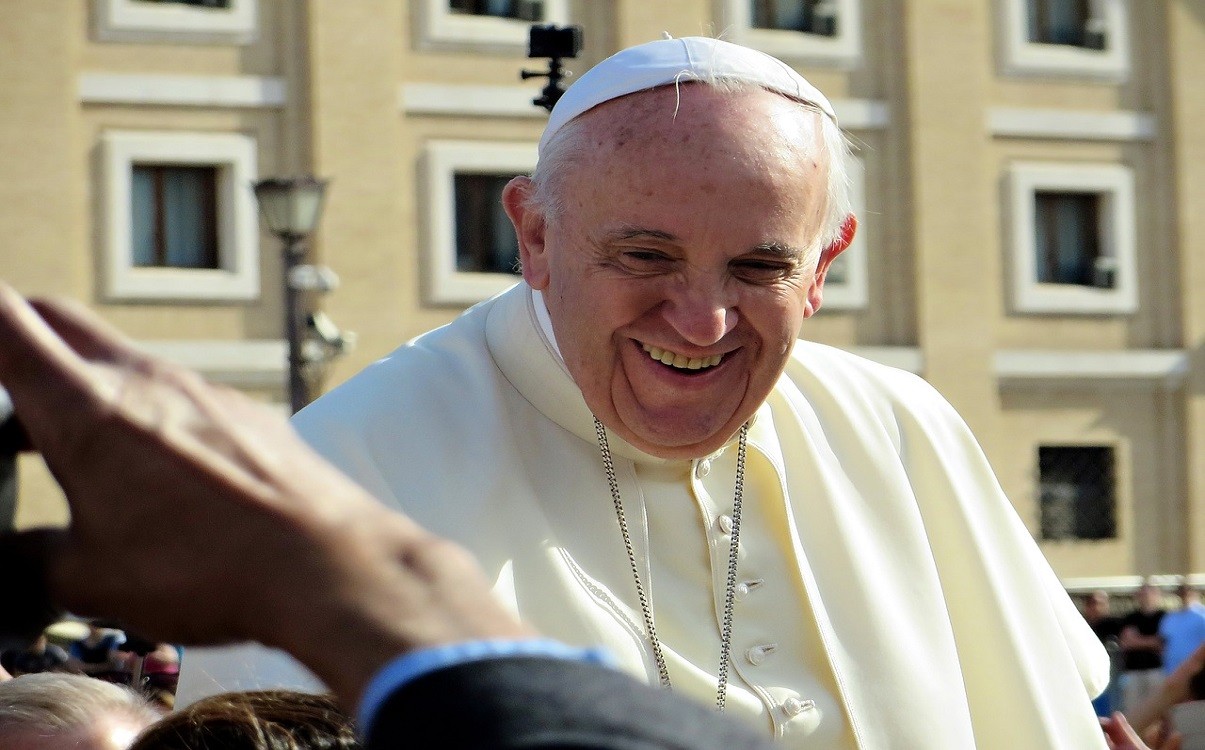Fighting Fire with Knowledge: Climate Change and the Battle to Protect Maui
- TDS News
- D.O.C Supplements - Trending News
- Environment
- Western USA
- August 12, 2023
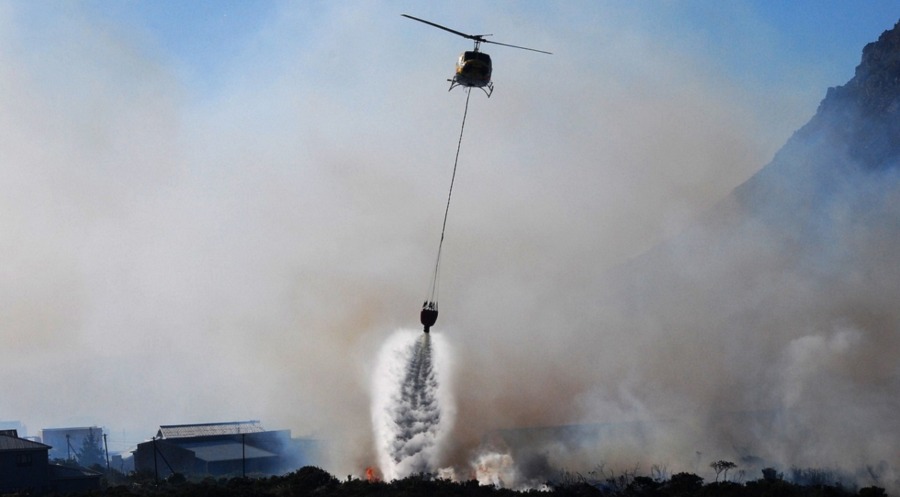
Maui, Hawaii, a haven of natural beauty and serenity, has been thrust into turmoil as an unrelenting wildfire engulfs the island. The impact of this catastrophic event extends beyond the physical destruction, revealing the urgent need to acknowledge the realities of climate change and implement measures to prevent further calamities. With the spectre of denial cast aside, the state faces the dual challenge of recovering from the devastation while simultaneously addressing the broader global context of unprecedented wildfires.
The inferno that has engulfed Maui is an undeniable wake-up call, demanding that we confront the stark realities of climate change. As smoke blankets the island and flames consume cherished landscapes, the link between rising temperatures, changing weather patterns, and the increasing frequency of wildfires becomes undeniable. Denying climate change is no longer an option in the face of such destructive forces; it is a collective imperative to address the root causes and take meaningful action.
2023 has emerged as a year marred by a relentless wave of wildfires, not confined to the United States alone but echoing across Canada. Millions of hectares of land have fallen victim to the ravaging flames, leaving behind a destruction trail that highlights this crisis’s global nature. Wildfires have spared no corner of the continent, from the vast forests of British Columbia to the picturesque landscapes of Maui, underscoring the urgency of adopting comprehensive strategies to mitigate their impact.
In the aftermath of this tragedy, troubling reports have begun to surface from various quarters, highlighting a concerning lack of preparedness for such a catastrophic wildfire event. Government officials and boards have sounded the alarm over the inadequacy of existing measures to combat and mitigate the fires. Despite warnings from experts and previous instances that hinted at the potential magnitude of such a disaster, the response remained inadequate, leaving the state ill-equipped to manage the unfolding crisis.
The human toll of the Maui wildfires is immeasurable, extending far beyond the immediate loss of life. Families have been torn apart, homes reduced to ashes, and cherished memories obliterated. The affected communities are left grappling with the physical destruction and the emotional scars left in the wake of the disaster. In the face of this immense adversity, the resilience of the Hawaiian people shines through as they band together to support one another and begin the arduous rebuilding process.
The wildfires that swept through Maui compelled us to move beyond words and into action. The imperative to acknowledge and address climate change is a matter of utmost urgency. Governments, communities, and individuals must unite to enact meaningful policies that curtail greenhouse gas emissions, promote sustainable land management, and fortify wildfire preparedness.
To prevent history from tragically repeating itself, a comprehensive approach is paramount. Stricter regulations and zoning laws must discourage construction in fire-prone areas while integrating fire-resistant building materials and designs becomes non-negotiable. Embracing advanced technology for early fire detection and enhancing coordination among agencies can significantly improve response times. It is crucial to educate communities about the importance of wildfire prevention and engaging them as stewards of the land.
The wildfire crisis that engulfed Maui, Hawaii, is a sombre reminder of our planet’s perilous path due to climate change. We take the first step toward meaningful change by acknowledging the undeniable link between environmental degradation and the intensification of wildfires. As Maui endeavours to rebuild its landscapes and communities, it does so not in isolation but as part of a broader movement to confront climate change and prevent future catastrophes. The flames that have consumed Maui’s beauty compel us to face the truth, embrace responsibility, and work tirelessly toward a more resilient and sustainable future.

